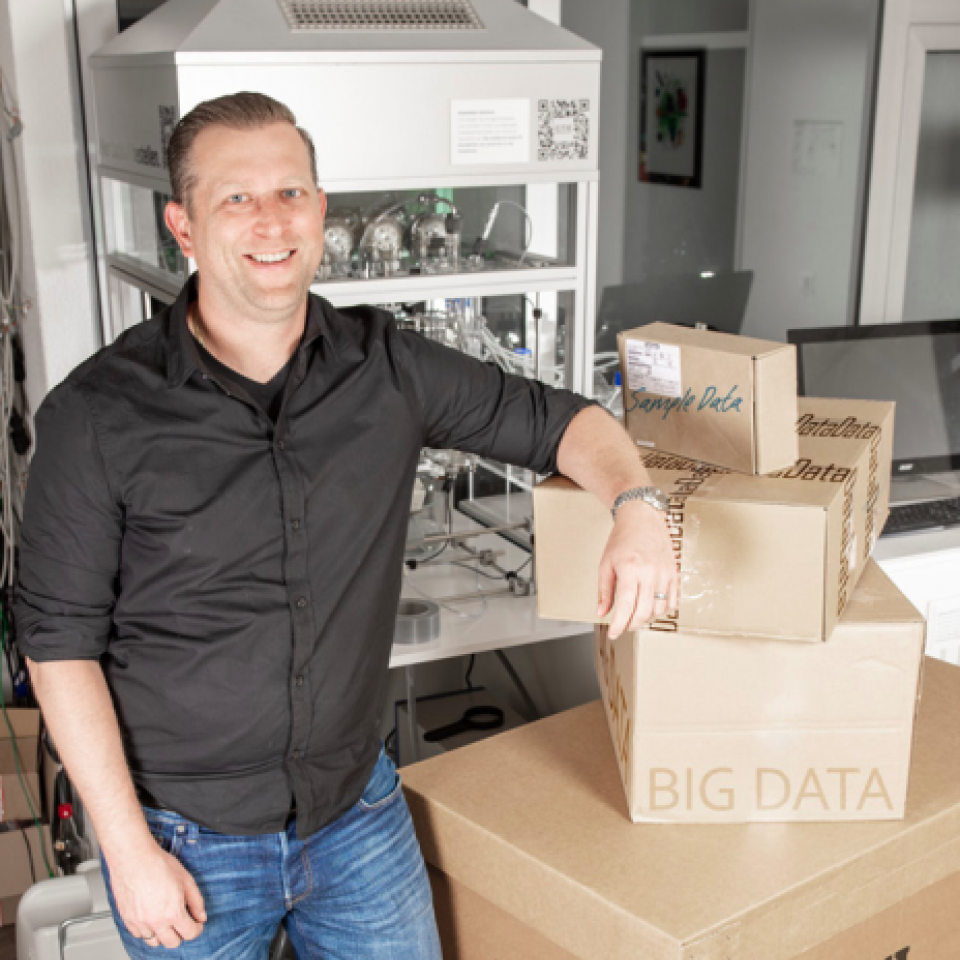How do we create added value from your data?
A look at the pilot project of ControlTech Engineering's Data Science Framework shows that contextualization is of great importance when collecting and analysing data. Validated interpretation of the data is only possible with the specialist knowledge of everyone involved in the process. At the Siemens Pharma Forum 2024, we presented the results and lessons learned from the Data Science Framework project at the FHNW Institute of Chemistry and Bioanalytics.
"To Be Continued" - this is how Stefan Kramberg, IT System Engineer at ControlTech Engineering AG (CTE) from Liestal, concluded his presentation on the topic of Data Science Framework at Pharma Forum 2023. It was time to move on, as the Data Science Framework project had not yet been satisfactorily completed. This was disappointing. "We have a theoretical model, but not enough data," admits data specialist and project manager Stefan Kramberg.
This was followed up. Stefan Kramberg: "We've done it! The data analysis helps us to optimise the manufacturing process." It was a challenge, because initially, the data available was to be able to carry out serious evaluations. The pilot project at the FHNW Institute of Chemistry and Bioanalytics involved a production plant that does not produce for the market. It could therefore be used for testing purposes in a flexible manner.
The objective was clear: the ethanol-water mixture was to be separated into ethanol and water, with ethanol being the product and water the waste product. The brief for FHNW's pilot project was for ControlTech Engineering (CTE) to achieve a cost reduction by reducing consumption of steam, coolant and nitrogen. The aim was also to increase quality. To this end, product purity was measured via the density of the distillate.
First results with added value
After 15 further test runs, exciting data is emerging: The data science framework is working and it's delivering considerable added value for production plants. Finally, the results are there. Years of collected data can now be profitably optimised. Stefan Kramberg: "We use the model to detect anomalies and uncover contradictory data. Based on the appropriate context, economic interpretations are created. In this case, collaboration with the process experts is important. This is the only way we can clean up the data and visualise each individual production run based on measured variables. This creates comparisons and long-term added value from the data." Using the data that has been collected over many years in an advantageous way is a complex task. However, Stefan Kramberg is convinced that if you don't start today, you'll miss out on great future opportunities in the industry.


